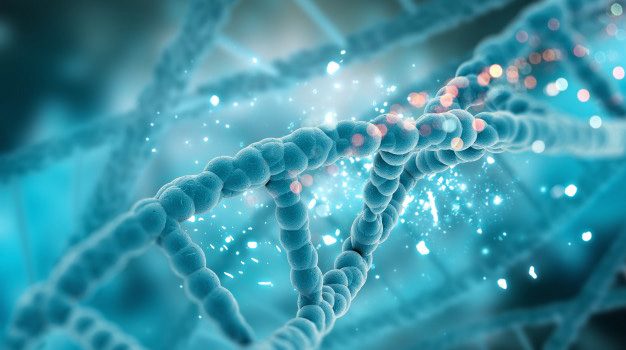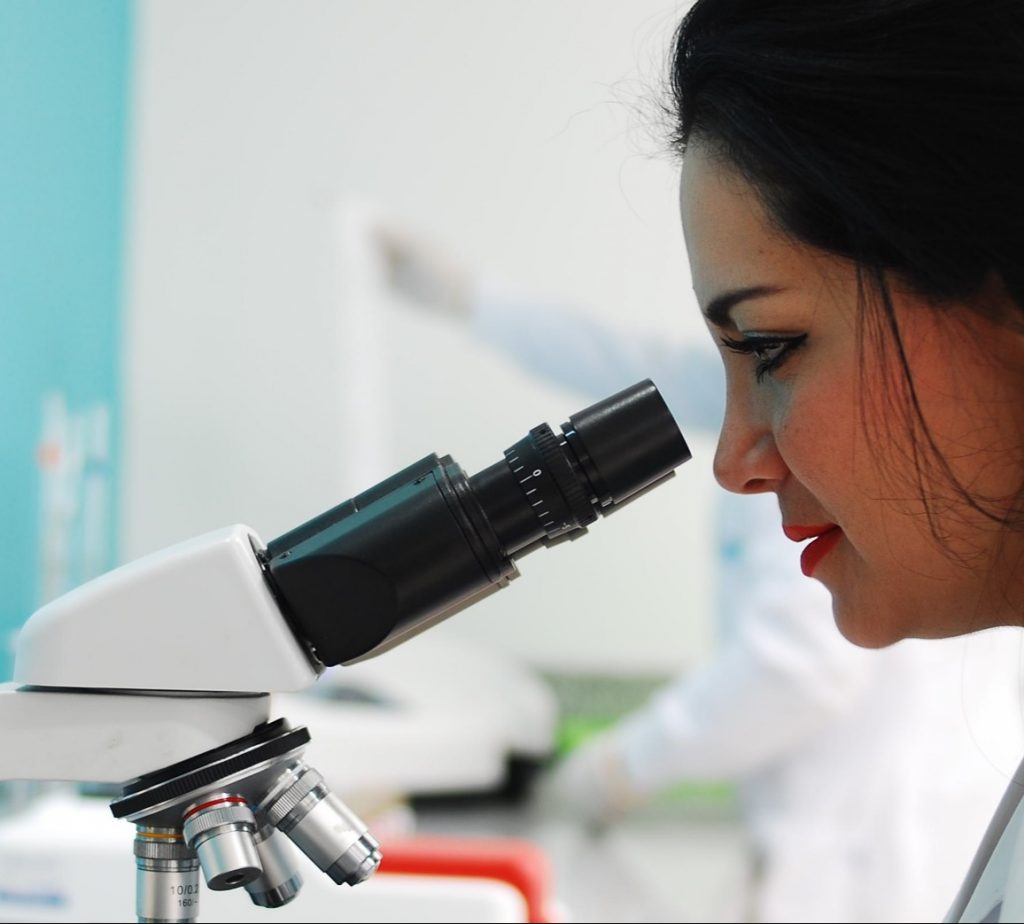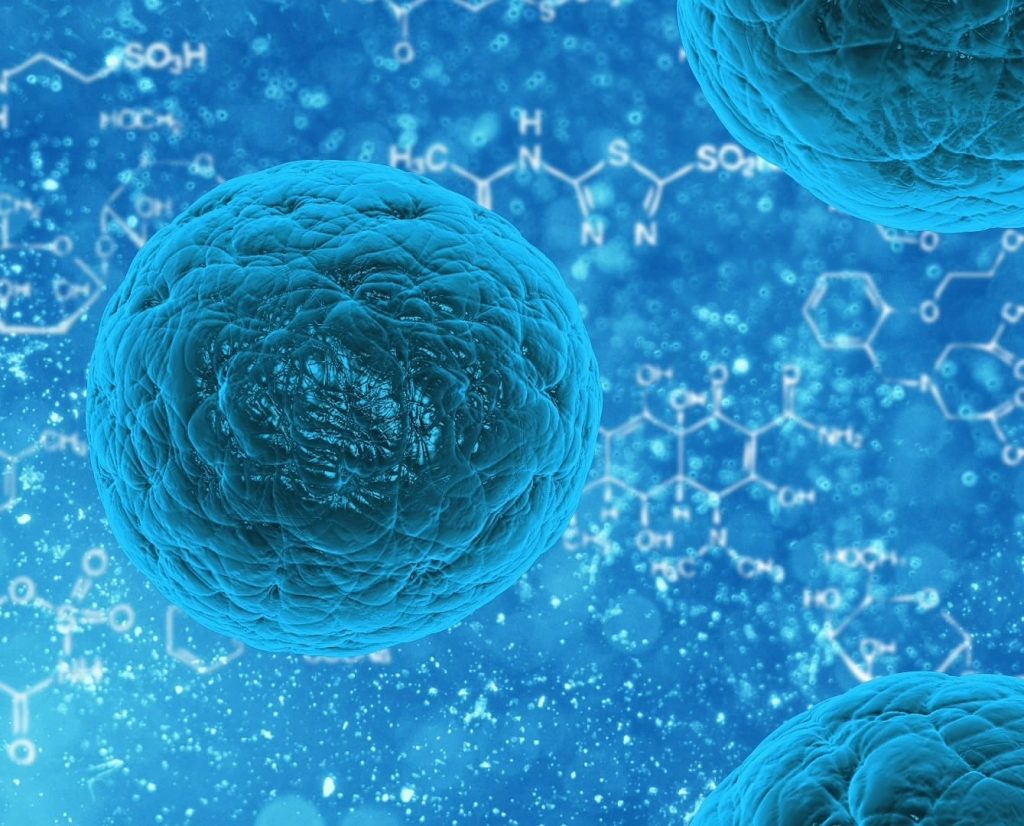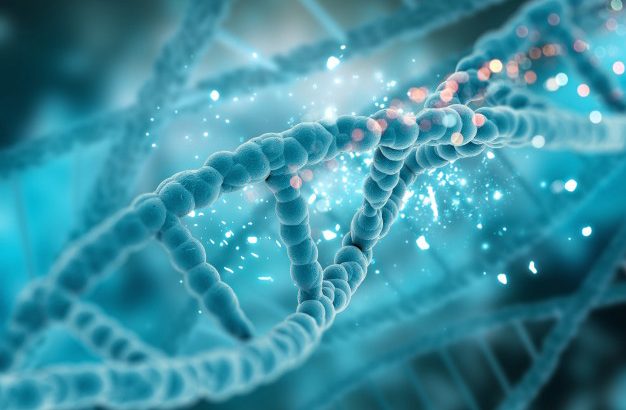
Whether directly or indirectly, it’s safe to say we’ve all had some kind of experience with cancer. And do you know there are more than 200 different types of human cancers? In fact, some, like breast cancer, were described by the ancient Egyptians, and fossil evidence shows that cancers appeared within the animal kingdom since the time of dinosaurs.

But why do cancers arise?
Up to the Middle Ages, thinkers of the day believed cancer was caused by black bile, an “imagined” substance. But a breakthrough came in 1838 when a German scientist discovered cancers are simply made of cells.
Cancer is a “mistake” that causes cells to multiply out of control
To date, research has demonstrated three main reasons for mistakes of DNA. They’re called mutations and can…
- Be inherited
- Result from environmental factors that damage DNA, such as cigarette smoking and sunbathing
- Occur randomly when cells are dividing; and remember, our cells are making news cells to replace dead cells millions of times each day
So, what’s new in the field of cancer research?
Researchers at the Johns Hopkins have expanded on previous work to provide “the math” about mutations with the goal of finding ways to detect cancers earlier while they’re still curable.
Among the conclusions are that:
- Random mutations occur often when cells are dividing
- Most often, these “mistakes” won’t do any harm
- But occasionally, mutations will occur in a cancer-driver gene no matter how much a person has lived a healthy lifestyle

Using a mathematical model, the results suggest that random, unpredictable DNA copying mistakes account for nearly two-thirds of the genetic changes that can cause cancers.
Learn about the research



